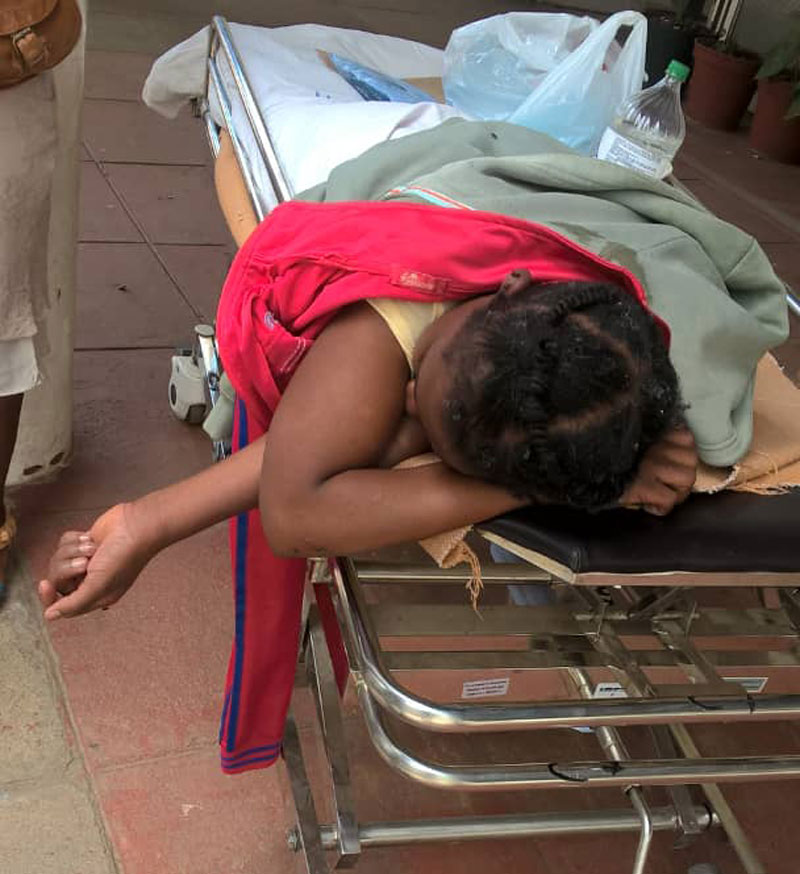In a nationally representative survey carried out by the Mass Public Opinion Institute (MPOI), Afrobarometer found that the majority of Zimbabweans, 55 percent, believe that the government is doing “fairly badly” or “very badly” at improving basic health services. The survey was carried out in early 2017. The key findings from the survey were as follows:
- A majority (55%) of Zimbabweans say the government is doing “fairly badly” or “very badly” at improving basic health services, more than 20 percentage points worse than evaluations in 2009 and 2012.
- Six in 10 Zimbabweans – but only five in 10 rural residents – live in areas with a nearby health clinic.
- A majority (59%) of respondents say they went without needed medicine or medical care at least once during the year preceding the survey. The proportion going without care decreased significantly between 2009 and 2012 but has remained stable since then.
- The same proportion (59%) say it is “difficult” or “very difficult” to obtain needed medical care. Poor respondents and urban residents are particularly likely to encounter difficulties.
- Only one-fourth (25%) of Zimbabweans say their ability to get needed health care has improved in recent years. Poor respondents and urbanites are more likely to say things have gotten worse than wealthier citizens and rural dwellers.
Afrobarometer goes on to note that the public’s perception of health services improved during the era of the government of national unity but decreased after the end of the inclusive government. Says Afrobarometer,
Public approval ranged between 33% and 45% between 1999 and 2005, a period when the country was witnessing a decrease in primary health care services and an increase in maternal and child mortality (UNICEF, 2010).
Approval climbed to about two-thirds (64% in 2009, 69% in 2012) during the Government of National Unity period, when the Ministry of Health and Child Welfare was overseen by the Movement for Democratic Change (MDC) and investments by international partners and the Treasury supported a significant increase in the availability of essential drugs in health facilities across the country (UNICEF, 2010).
But popular approval of the government’s performance dropped again, to current levels, between 2012 and 2015.
More: Afrobarometer



Back to top